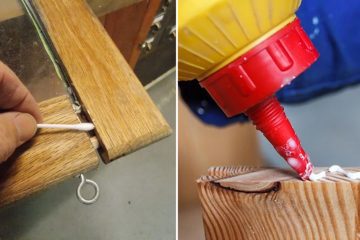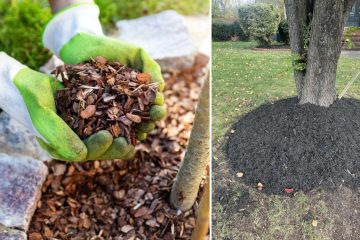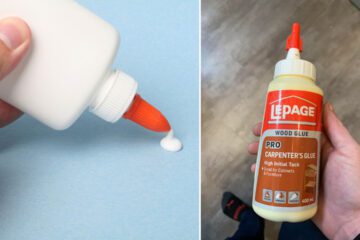When it comes to plumbing work, using the proper materials and adhesives is crucial for creating reliable, long-lasting connections. One common mistake that both amateur DIYers and even some professionals make is using PVC glue on ABS pipes. While it may seem like a minor substitution, this can lead to serious issues down the line. In this article, we’ll explore what happens if you use PVC glue on ABS and what to do if you’ve already made this error.
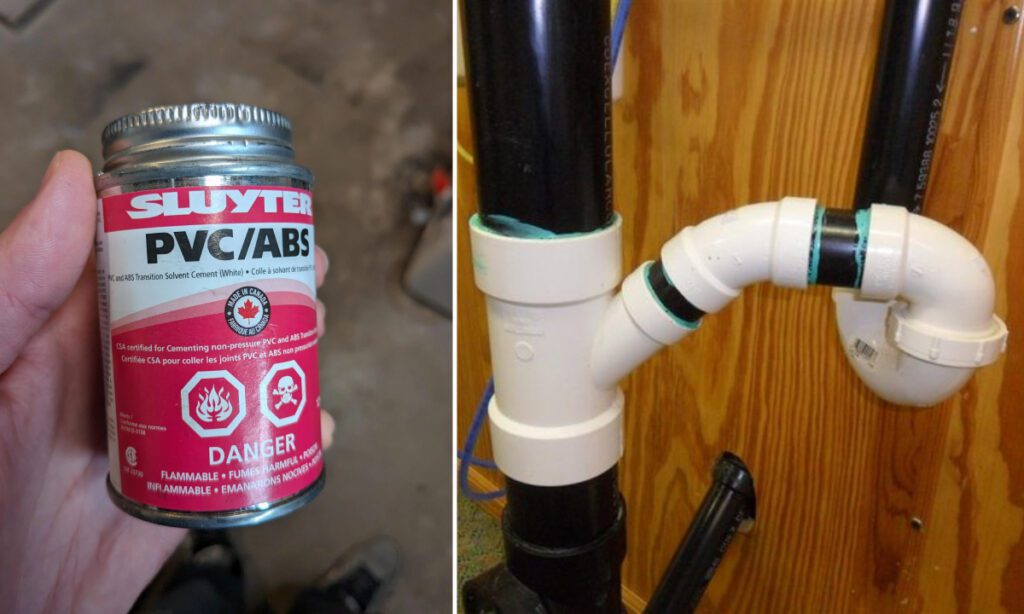
Key Takeaways:
- Never use PVC glue on ABS pipes
- Incorrect glue leads to weak joints and potential leaks
- Use ABS-specific cement for ABS pipes
- If mistakenly used, replace affected sections
- Consult a professional when unsure
Understanding ABS and PVC Pipes
Before diving into the glue issue, it’s important to understand the key differences between ABS (Acrylonitrile Butadiene Styrene) and PVC (Polyvinyl Chloride) pipes:
- ABS pipes are black in color and generally used for drain, waste, and vent (DWV) applications. They are more impact-resistant and flexible than PVC.
- PVC pipes are white or cream-colored and used for both pressure and non-pressure applications. They have better chemical resistance than ABS.
While ABS and PVC pipes may look similar and even fit together, they are chemically different materials that require specific types of cement.
Why PVC Glue Doesn’t Work on ABS
PVC glue and ABS cement are not interchangeable for several reasons:
1. Different chemical compositions
PVC glue contains solvents designed to soften and fuse PVC materials. These solvents do not properly dissolve or bond with ABS plastic.
2. Lack of chemical bonding
When used on ABS, PVC glue may create a temporary seal, but it does not chemically bond with the pipe material. This results in a weak joint that can fail over time.
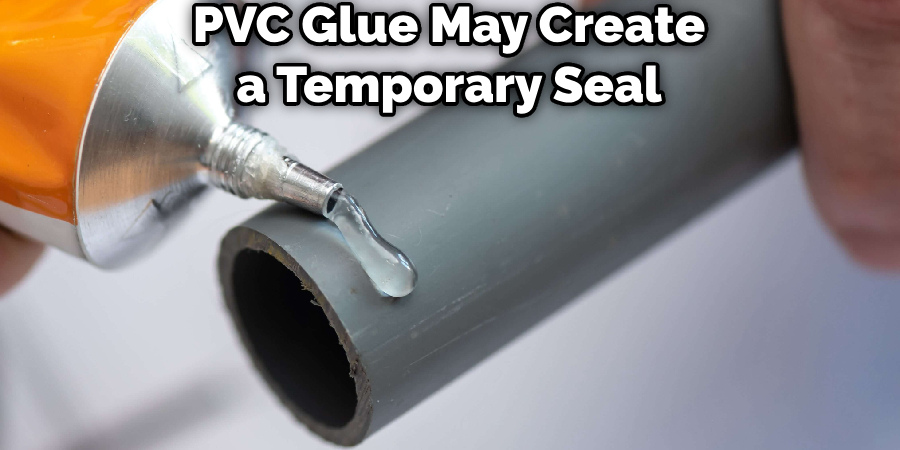
3. Improper curing
The curing process for PVC glue on ABS is unpredictable and may not fully set, leading to potential leaks.
4. Code violations
Using the wrong cement violates plumbing codes and can result in failed inspections or legal issues if problems arise.
Consequences of Using PVC Glue on ABS
Using PVC glue on ABS pipes can lead to several serious problems:
1. Joint failures
The improper bond can result in leaks, especially under pressure or temperature changes.
2. Contamination
Leaking joints can allow sewage or other contaminants to enter walls, floors, or soil.
3. Structural damage
Water damage from leaks can compromise building materials and lead to costly repairs.
4. Health hazards
Leaking waste pipes can create unsanitary conditions and potential health risks.
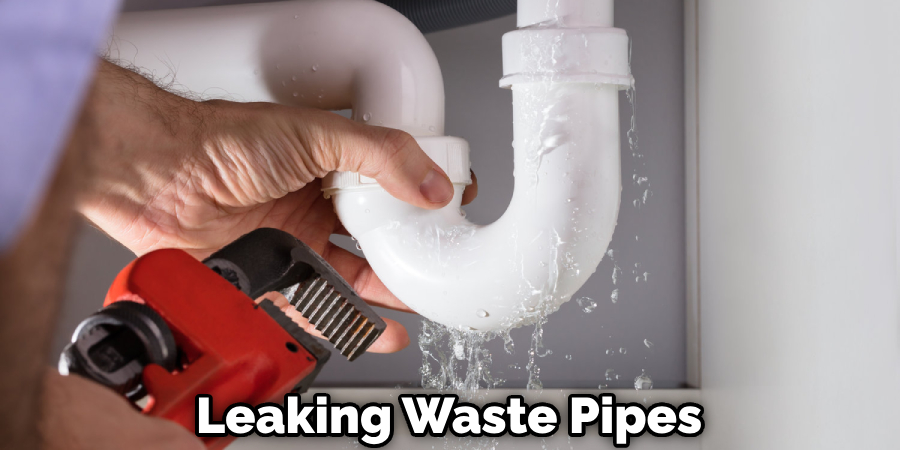
What to Do If You’ve Already Used PVC Glue on ABS
If you realize you’ve mistakenly used PVC glue on ABS pipes, follow these steps:
1. Stop work immediately
Do not continue with the project until the issue is addressed.
2. Assess the extent
Determine how many joints were improperly glued.
3. Test the joints
If possible, pressure test the connections to check for immediate leaks.
4. Consider replacement
In most cases, the safest option is to cut out the affected sections and replace them with proper fittings and cement.
5. Consult a professional
If you’re unsure about how to proceed, contact a licensed plumber for advice or assistance.
Proper Techniques for Joining ABS Pipes
To avoid future mistakes, always follow these best practices when working with ABS pipes:
1. Use ABS cement
Only use cement specifically designed for ABS pipes. It’s typically yellow or black in color.
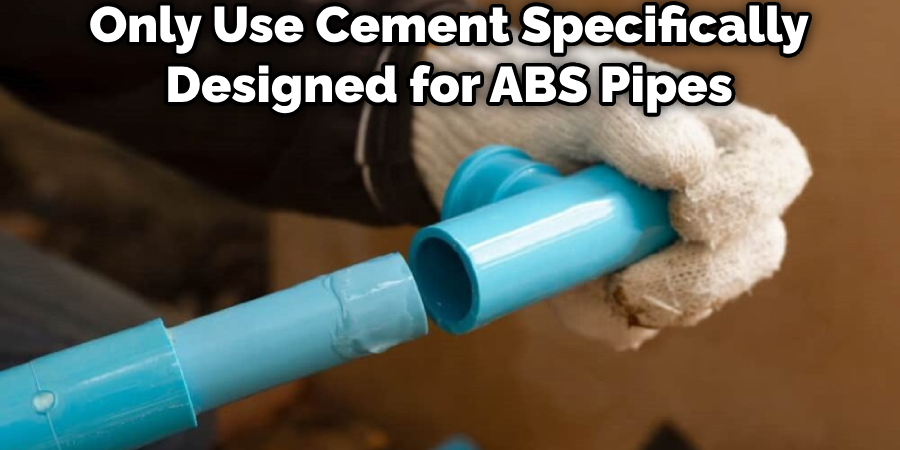
2. Clean surfaces
Ensure all pipe ends and fittings are clean and dry before applying cement.
3. Apply evenly
Use a brush to apply an even coat of cement to both the pipe and fitting.
4. Assemble quickly
Join the pipes immediately after applying cement, as ABS cement sets rapidly.
5. Hold in place
Maintain pressure on the joint for at least 30 seconds to ensure a proper bond.
6. Allow curing time
Wait at least 15 minutes before handling the joint and 24 hours before pressurizing the system.
When ABS and PVC Must Be Connected
In some situations, you may need to connect ABS and PVC pipes. In these cases:
1. Use transition cement
Special green transition cement is designed for joining ABS to PVC. However, this should only be used for limited applications and may not be code-compliant in all areas.
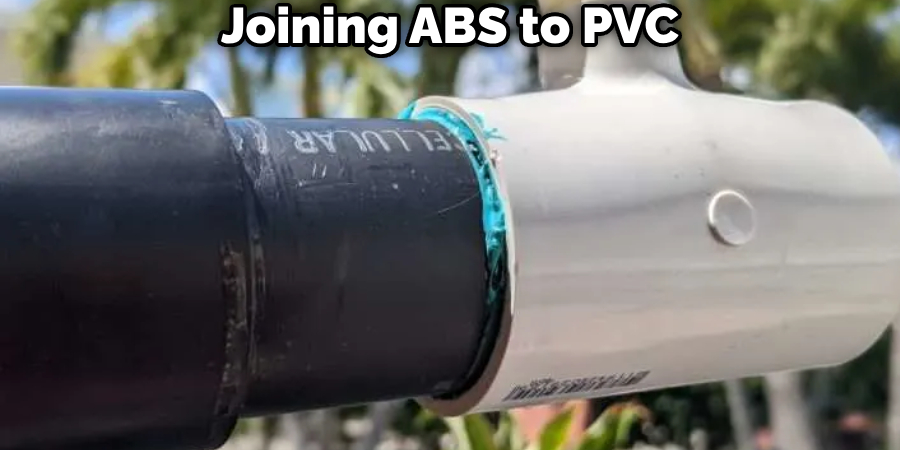
2. Mechanical couplings
Use approved mechanical couplings, such as rubber Fernco fittings, to join ABS and PVC pipes without cement.
3. Check local codes
Always verify that your chosen method complies with local plumbing regulations.
Can PVC Glue Be Used on ABS?
PVC glue is not recommended for use on ABS. While it might create some adhesion, the bond would likely be weak and unreliable. For best results, use an adhesive specifically designed for ABS or a multi-purpose plastic cement compatible with both ABS and PVC. Always choose the appropriate adhesive for the materials you’re working with to ensure strong, durable bonds.
What is the Difference Between ABS and PVC Glue?
ABS glue and PVC glue are solvent cements designed for specific plastic types: ABS glue is used for ABS pipes and fittings, typically in drain systems, while PVC glue is for PVC pipes, common in water supply and drainage. They differ in color (ABS glue is usually black or gray, PVC glue is often clear or white) and are not interchangeable. Both create strong bonds by partially dissolving the plastic surface, but must be used with their respective materials for proper adhesion and to meet plumbing codes.
Can I Use CPVC Glue on ABS?
You should not use CPVC glue on ABS pipes. Each type of plastic pipe (ABS, CPVC, PVC) requires its own specific cement to create a proper chemical bond. Using the wrong cement can lead to joint failure and potential leaks. For ABS pipes, always use ABS cement to ensure a safe and reliable connection.
Is It Permissible to Connect PVC Plastic to ABS Plastic?
Directly connecting PVC to ABS plastic is generally not recommended in permanent plumbing installations due to differences in material properties and potential code violations. However, if necessary, approved methods include using mechanical couplings (like Fernco fittings), specialized transition fittings, or threaded connections with proper adapters. For the best results and to ensure code compliance, consult a licensed plumber or local building department.
Conclusion
Using the correct glue for each type of plastic pipe is essential for creating safe, reliable plumbing systems. PVC glue should never be used on ABS pipes due to the risk of joint failure and potential damage. Always take the time to use the proper materials and techniques, and when in doubt, consult with a professional plumber. By following these guidelines, you can ensure your plumbing projects are completed correctly and will stand the test of time.
